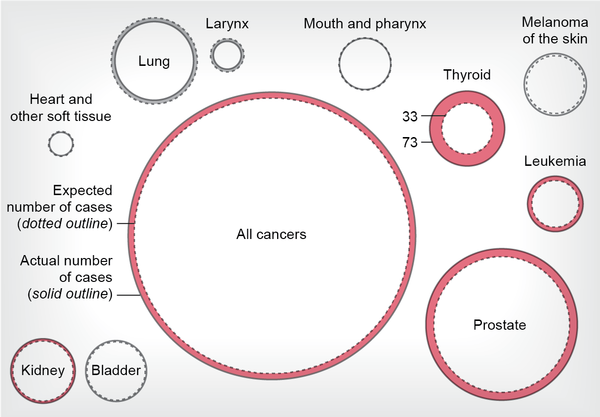 |
| September 10, 2021 |
 |
| |
| |
| |
| |
| |
| |
| |
| |
| |
| |
| Health Care The Terrible Toll of 76 Autoimmune Diseases This list shows how common each disorder is, which body parts are stricken, and the illnesses' tendency to afflict women | | By Maddie Bender,Jen Christiansen,Miriam Quick | | | |
| |
FROM THE STORE
 | | | |
| |
FROM THE ARCHIVE
 | | | |
| QUOTE OF THE DAY
 "Most Americans just think two buildings came down that day and innocent lives were lost to senseless violence, and that did happen...But many don't know that tens of thousands of people got sick, and many have died since then from their illnesses contracted at Ground Zero." John Feal, founder of the FealGood Foundation | |
LATEST ISSUES
 |
| |
| Questions? Comments?  | |
| Download the Scientific American App |
| |
| |




